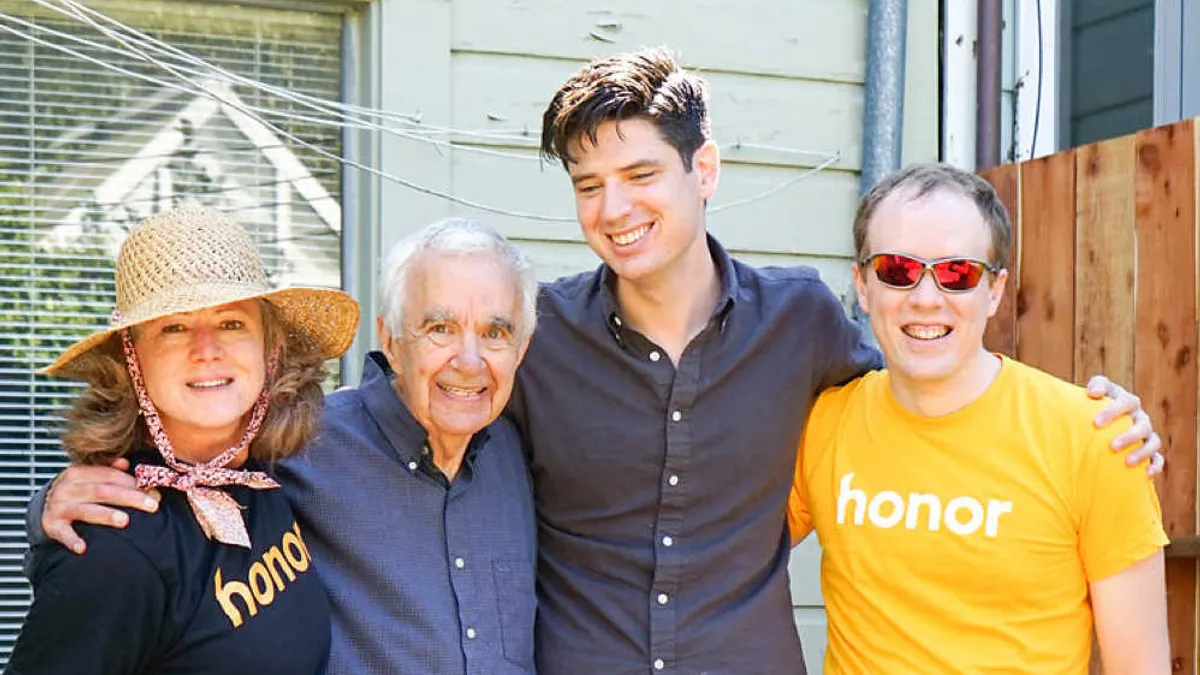Dive Brief:
- Another employer initially launched as a "gig" economy model is moving to a traditional business model with full-time employees, benefits, workers compensation, etc., according to USA Today.
- Honor, which received $20 million in venture funding based on its sharing economy model, announced yesterday that it's changing because as it became more successful, it found that the original model was not working for its specific industry sector.
- Under its original model, USA Today reports, Honor served as a middleman that would match home health workers with customers via smartphone app – much like Uber and other gig economy companies do.
Dive Insight:
CEO Seth Sternberg told USA Today that "care professionals actually want long-term relationships."
According to USA Today, home healthcare is plagued by high turnover rates, up to 60% annually according to the Paraprofessional Healthcare Institute. So Sternberg says that to retain its workforce, it needed to provide better care to its caregivers, and the more traditional model is a better fit on that front.
Honor is hardly alone in making this move, according to USA Today, which also noted that legal battles forced by workers for many gig economy companies is also posing a threat to the independent contractor mode. For example, a federal judge in San Francisco this past December ruled for an "expanded case" by Uber drivers in California who claim to be employees and should be reimbursed for expenditures or losses incurred during their duties, USA Today reports, noting that the trial is scheduled to be heard in the summer.













